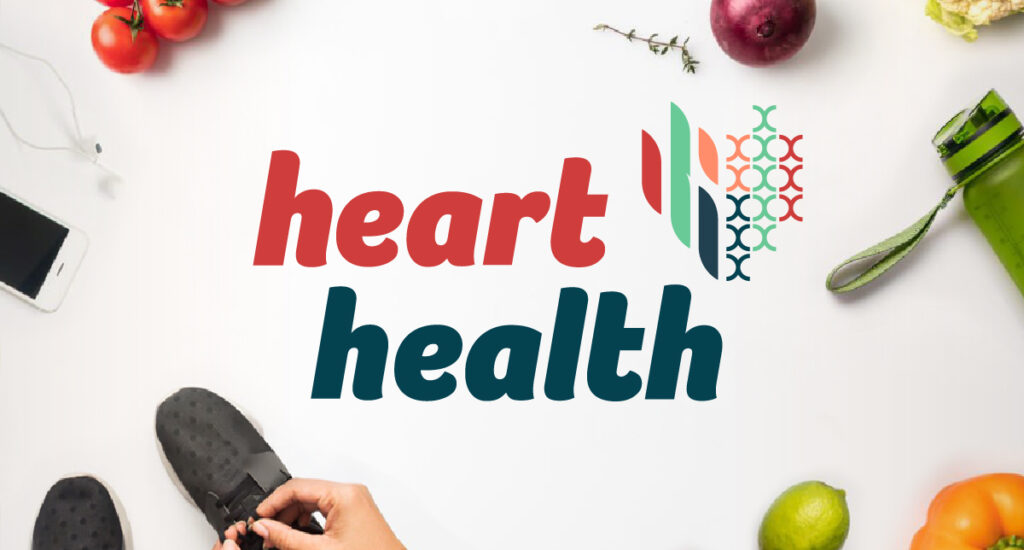What does good nutrition mean for men?

Published: November 18, 2024
At Pathways, we understand that nutrition plays a key role in your overall wellbeing. Eating well supports both physical and mental health. Here’s what good nutrition means for men and how it can make a difference.
Understanding men’s nutritional needs
Men generally need more energy (calories) than women of the same size because they often have more muscle. Muscle burns more energy than other tissues, so men may use up to 400 extra calories daily.
However, every person is unique. Your nutrition needs depend on factors like your age, size, activity level, and lifestyle. This means there’s no one-size-fits-all healthy diet—it’s about finding what works for you.
Why good nutrition matters
Eating well helps you live longer and feel better.
A healthy diet can:
- Lower the risk of physical health challenges like heart disease, stroke, type 2 diabetes, and some cancers.
- Reduce the risk of mental health challenges such as depression and anxiety.
- Boost your energy, self-esteem, and mood.
- Improve your focus and clarity.
- Enhance your sexual health and performance.
Eating well is an investment in yourself that pays off every day.
Tips for a healthy diet
Fuel your body
- Match your food intake to your energy needs. If you’re active, you’ll need more energy.
- Start your day with breakfast to kickstart your metabolism.
- Eat regularly throughout the day to keep your energy steady.
Fill up on fruit and veggies
These are packed with fibre, vitamins, and minerals. They help protect your body from illness and keep your digestion regular.
Keep your plate balanced
Aim for a variety of foods in the right portions. For guidance, check out Healthify’s serving size recommendations.
Stay hydrated
Drink 6–8 cups (1.5–2 litres) of fluids daily. Water, milk, tea, and coffee count—alcohol does not.
Move your body
Exercise helps burn fat, build muscle, and reduce stress. Aim for 30 minutes of movement every day.
You don’t need a gym—try these ideas:
- Walk instead of driving short distances.
- Take the stairs instead of the lift.
- Walk your dog or play with your kids.
- Cycle to work.
- Mow the lawns.
- Wash the car.
Caffeine and alcohol
Limit caffeine and alcohol. Small doses of caffeine can help concentration, but too much can negatively affect physical and mental health.
Alcohol is energy-dense and can stimulate cravings. Too much alcohol can increase the risk of heart and liver disease, high blood pressure, and some cancers.
Do not drink more than:
- Limit yourself to no more than 3 standard drinks a day and 15 a week.
- Have at least 2 alcohol-free days every week.
Need support? Talk to your healthcare provider
If you’re unsure about your diet or have concerns, talk to a trusted healthcare professional like your GP or a dietitian. They can help create a plan that works for you.
Helpful resources
At Pathways, we believe that good nutrition is a cornerstone of total wellbeing. Start small and focus on what feels achievable for you—every step counts!


